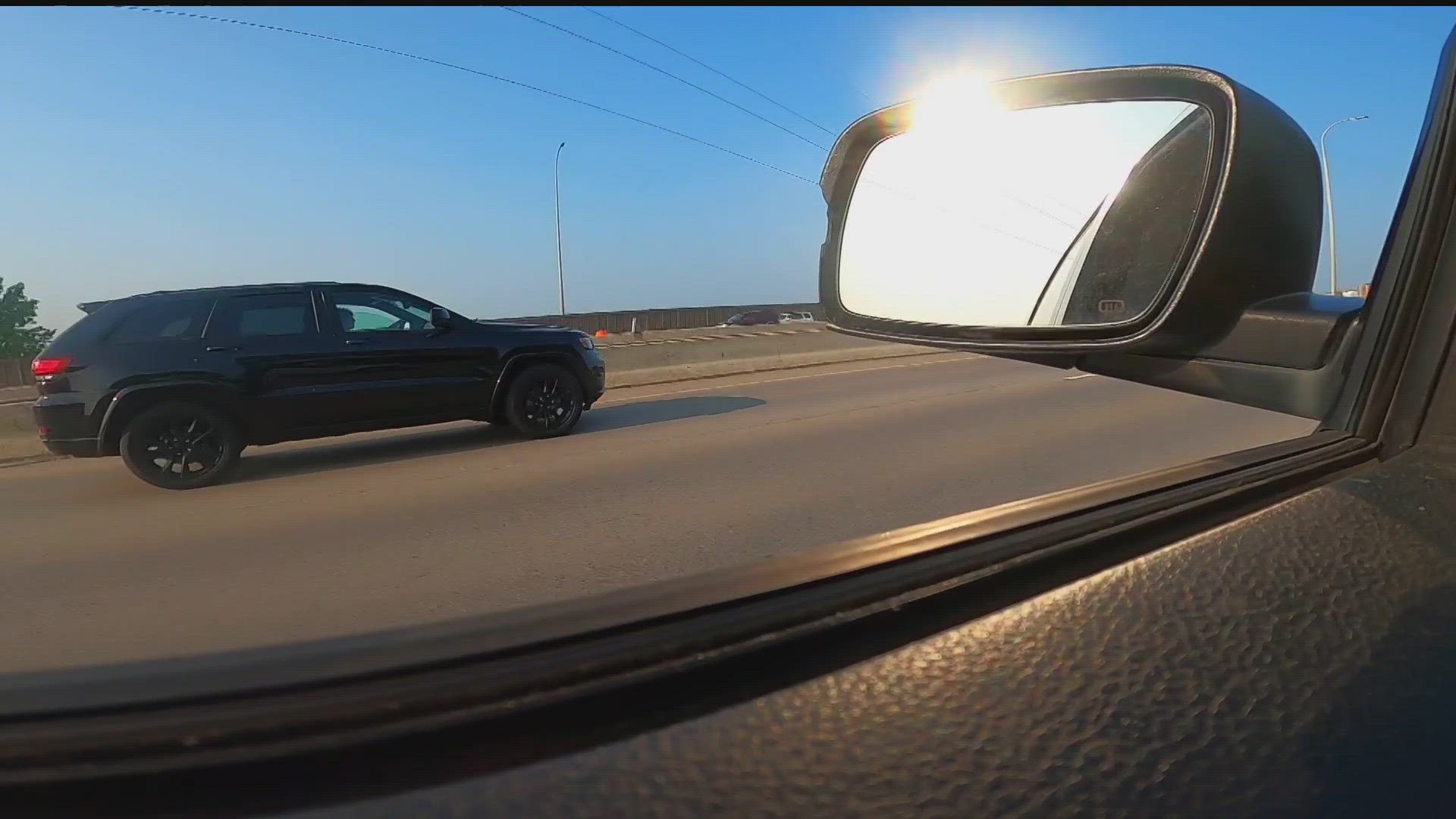ST PAUL, Minn. — Ready or not, legal pot is coming to Minnesota.
But before that happens, there are a lot of things that need to be worked out, like how police will test people they suspect are driving high.
'It’s going to make it harder, there’s no question," said Minnesota Safety Council president Paul Aasen. "I mean, we’re adding another legal substance to the list that can impair you."
When Gov. Tim Walz signs recreational marijuana into law and it becomes legal in August, there will be no clear way to tell when a driver is too drugged to drive. That's, in part, because THC dissolves in fat and alcohol in water, meaning the two are absorbed very differently.
It essentially renders the .08 limit to measure booze useless in the case of cannabis.
"Alcohol works in a way in humans that you can actually find a number," said Aasen. "Doesn't work that way for any other drug."
What's even trickier is the drug can leave the blood system quickly.
Levels vary whether you eat or smoke it and daily users build up so much THC tolerance, but aren't always high.
"That's where everything gets really complicated because there is a difference between being unsafe and being illegal" said Aasen. "But how do you make that distinction if you're stopping them on a roadside?"
Aasen points out two ways to try. First, he says the bill dedicates money to expand oral fluid testing. But even that doesn't detect whether someone is impaired, only if the drug is present.
And second, a $15 million investment in drug recognition evaluators (DREs), who look for impairment based on physical tests. Except, there are just 275 of them who are already thinly spread across the state.
"The money in the bill is designed to train a lot more DREs so there's a lot more available to every police force, which would be helpful," said Aasen.
He does point out that with more funding does come another hurdle.
"Minnesota law enforcement is roughly 20% understaffed statewide right now, so cutting somebody loose to go do that training or hiring someone to be trained is a big challenge," said Aasen.
In Colorado, the Denver Police Department tells KARE 11 some of its officers have the DRE certification, but that it doesn't utilize any devices that would detect if someone is driving under the influence of marijuana. It legalized pot in 2012.
Aasen says ideally, in the future, your car will be able to test you and not allow you to drive if you're impaired. Some cars right now can already detect if you're not looking at the road.
WATCH MORE ON KARE 11+
Download the free KARE 11+ app for Roku, Fire TV, Apple TV and other smart TV platforms to watch more from KARE 11 anytime! The KARE 11+ app includes live streams of all of KARE 11's newscasts. You'll also find on-demand replays of newscasts; the latest from KARE 11 Investigates, Breaking the News and the Land of 10,000 Stories; exclusive programs like Verify and HeartThreads; and Minnesota sports talk from our partners at Locked On Minnesota.
- Add KARE 11+ on Roku here or by searching for KARE 11 in the Roku Channel Store.
- Add KARE 11+ on Fire TV here or by searching for KARE 11 in the Amazon App Store.
- Learn more about the KARE 11+ app for Apple TV in the Apple App Store.
- Learn more about KARE 11+ here.
Watch more local news:
Watch the latest local news from the Twin Cities and across Minnesota in our YouTube playlist:

